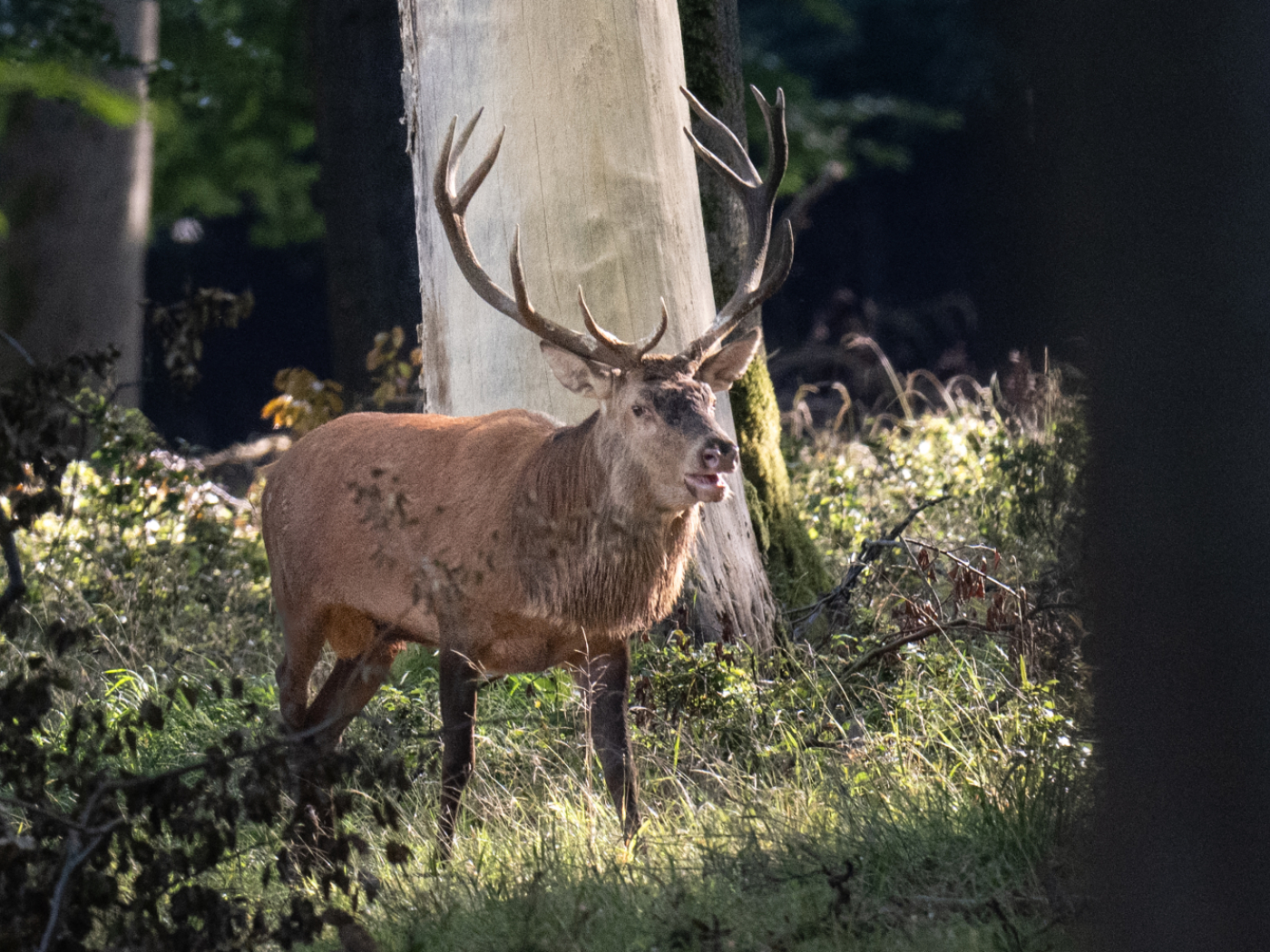
Deer carcasses near Swiss-Austrian border to be tested for tuberculosis

The infectious disease tuberculosis has been detected in two deer hunted in Montafon near the Swiss-Austrian border. In order to prevent transmission to canton Graubünden, a third of all dead deer on the Swiss side of the border must now be tested.
The aim of the deer carcass testing is to prevent the disease from spreading to the wild animal population and cattle in the region. However, there are already other suspected cases in the area close to the border.
The municipalities of Seewis, Grüsch, Schiers, Luzein, Küblis and the Saas fraction in Klosters, which lie to the north-east of Landquart, are affected, the Grisons Office for Food Safety and Animal Health wrote in a press release on Tuesday morning.
The logistically challenging campaign is supported by the cantonal hunters’ association and the Graubünden Office for Hunting and Fishing. In June, a regional ban on feeding deer, chamois and ibex in the border area with Vorarlberg and Tyrol, which had been in place since 2016, was expanded. This was because partial contamination by tuberculosis was already known.
According to the authorities, Switzerland is considered to be free of tuberculosis in livestock and wild animals. It is a chronic infection and can also be transmitted to humans.
Adapted from German by DeepL/ac
This news story has been written and carefully fact-checked by an external editorial team. At SWI swissinfo.ch we select the most relevant news for an international audience and use automatic translation tools such as DeepL to translate it into English. Providing you with automatically translated news gives us the time to write more in-depth articles.
If you want to know more about how we work, have a look here, if you want to learn more about how we use technology, click here, and if you have feedback on this news story please write to english@swissinfo.ch.

In compliance with the JTI standards
More: SWI swissinfo.ch certified by the Journalism Trust Initiative

























You can find an overview of ongoing debates with our journalists here . Please join us!
If you want to start a conversation about a topic raised in this article or want to report factual errors, email us at english@swissinfo.ch.